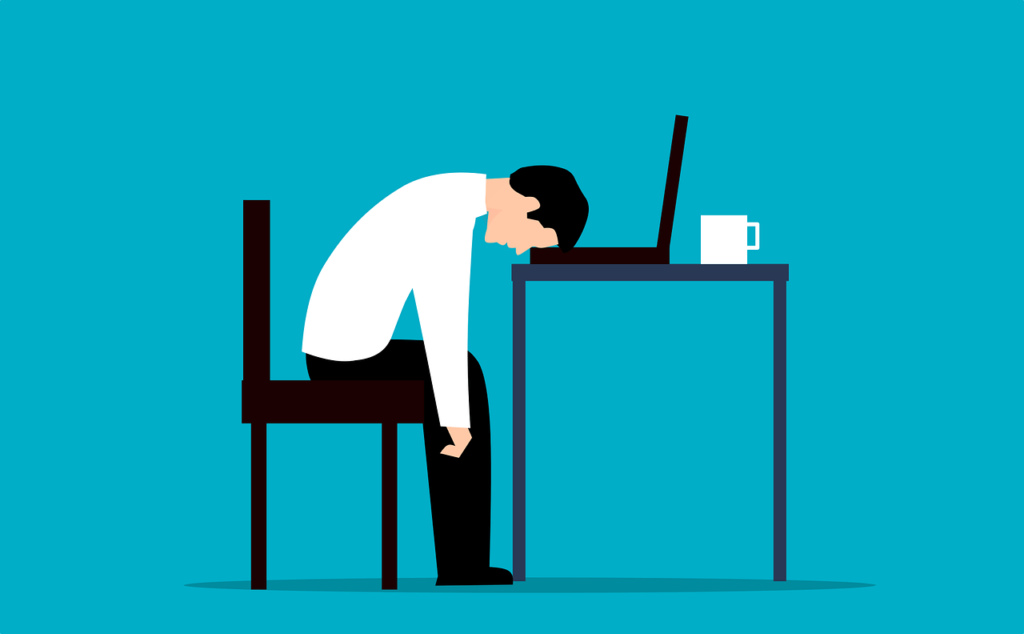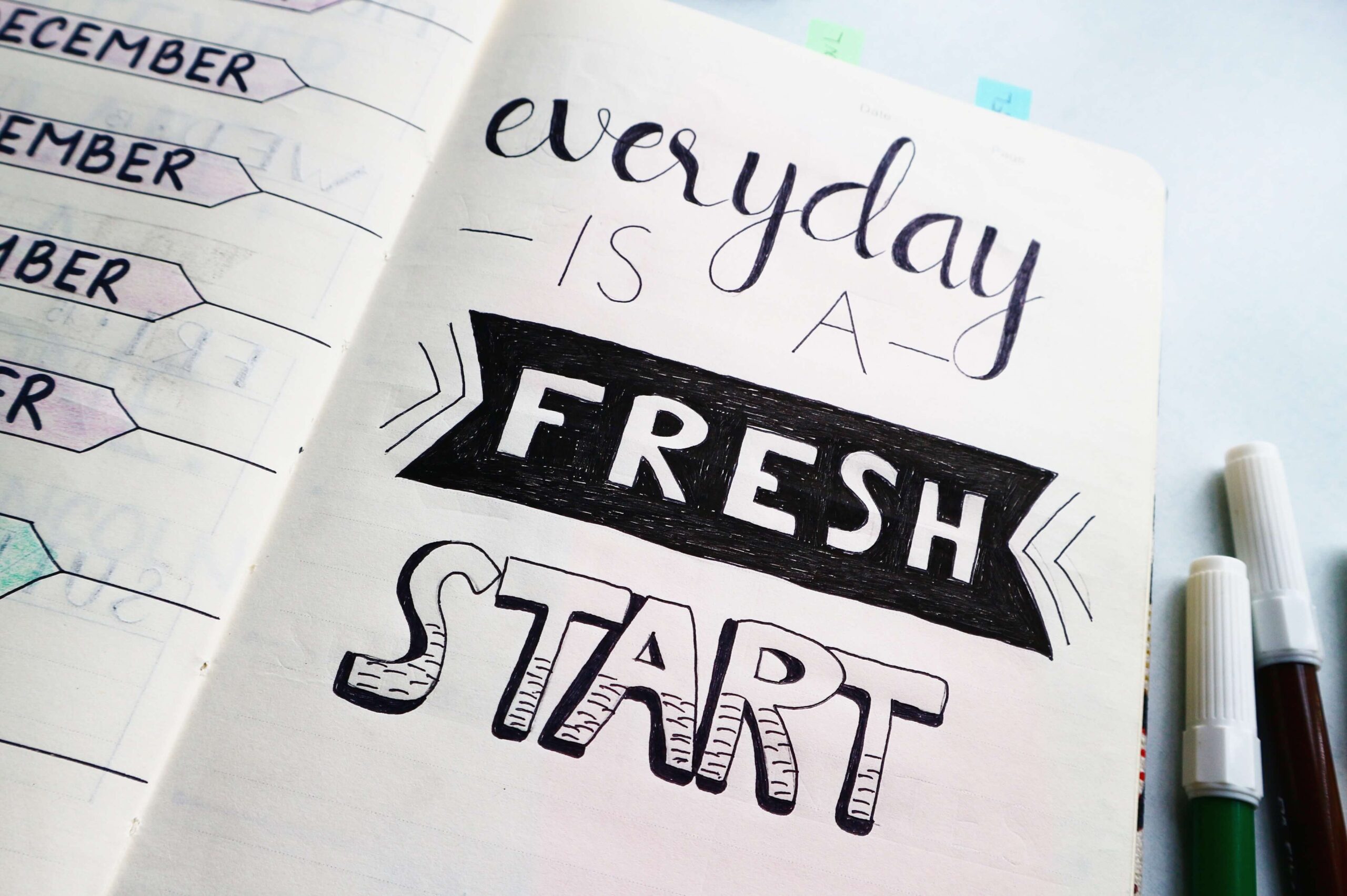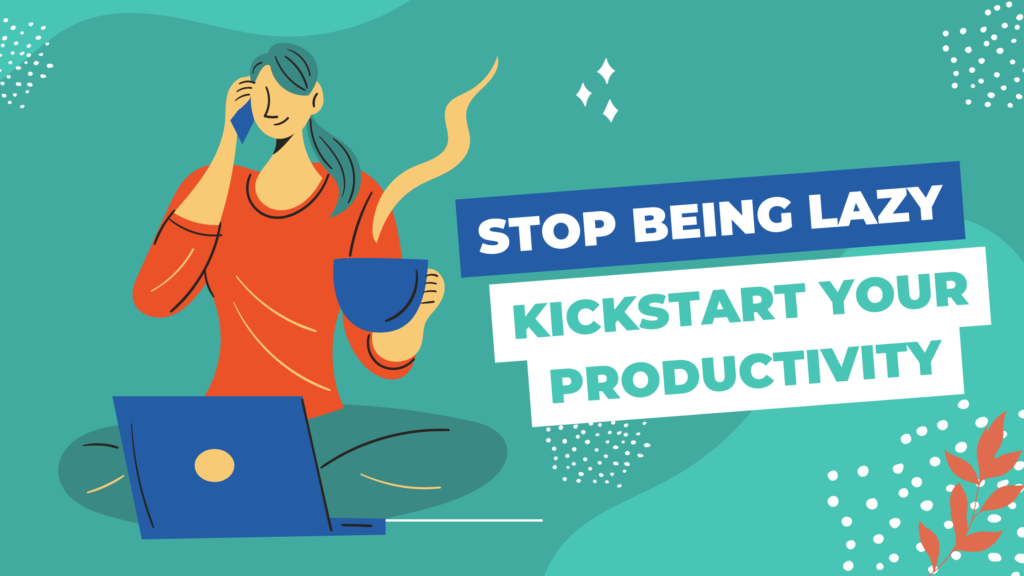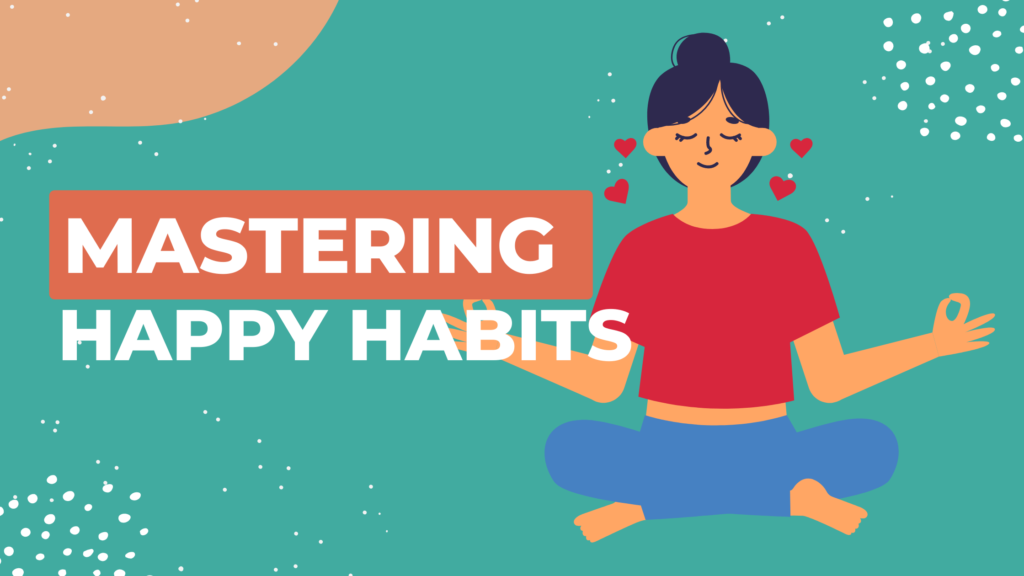Do you ever find yourself struggling to get motivated and stay productive throughout the day? You’re not alone. In fact, according to a recent survey, 40% of people say that laziness is their biggest obstacle to productivity.
But laziness can have a major impact on your ability to get things done. Studies show that the average employee wastes more than two hours a day on non-work related activities. That’s a lot of time that could be spent on important tasks and projects.
So what can you do to overcome laziness and kickstart your productivity? The first step is recognizing the negative impact that laziness can have on your work and taking action to address it.
Importance of Taking Action to Overcome Laziness
Simply put, being lazy can prevent you from reaching your full potential both personally and professionally. It can lead to missed opportunities, poor performance, and even job loss.
On the other hand, being productive can lead to a more fulfilling life and career. It can help you achieve your goals, increase your confidence, and improve your overall well-being.
The good news is that overcoming laziness is possible, and it starts with taking action. By implementing some simple strategies and changing your mindset, you can break free from the cycle of laziness and become a more productive, successful person.
In the following sections, we’ll explore some of the most effective strategies for overcoming laziness and kickstarting your productivity. Whether you’re a student, an entrepreneur, or an employee, these tips can help you take your productivity to the next level and achieve your goals.
How to Stop Being Lazy: Overcoming the Negative Impact on Productivity
Identify the Root Causes of Your Laziness
To overcome laziness, it’s important to understand the root causes that are contributing to your lack of productivity. Here are some common causes of laziness that many people struggle with:
Lack of motivation
Without a clear sense of purpose or direction, it’s easy to become unmotivated and disengaged from your work.
Procrastination
Putting off important tasks in favor of easier or more enjoyable activities can lead to a cycle of procrastination and decreased productivity.
Burnout
Overworking yourself can lead to exhaustion and burnout, making it difficult to find the energy or motivation to get things done.

To identify the root causes of your own laziness, it’s important to engage in some self-reflection exercises
Here are a few to try:
Journaling
Writing down your thoughts and feelings can help you identify patterns and triggers that contribute to your laziness.
Goal-setting
Setting clear goals and breaking them down into smaller, manageable tasks can help you stay focused and motivated.
Mindfulness
Practicing mindfulness and meditation can help you become more aware of your thoughts and feelings, and develop a sense of inner peace and clarity.
By understanding the root causes of your laziness, you can start to develop strategies to overcome them and become more productive. The key is to be honest with yourself and willing to make changes to your habits and mindset.
Set SMART Goals
Setting clear and achievable goals is an essential part of overcoming laziness and increasing productivity. One effective goal-setting technique is to use the SMART framework:
- Specific: Clearly define what you want to achieve and how you will measure your progress.
- Measurable: Establish concrete metrics to track your progress and success.
- Achievable: Set realistic and attainable goals that challenge you without overwhelming you.
- Relevant: Ensure that your goals align with your overall values and priorities.
- Time-bound: Set a clear deadline for achieving your goals to help keep you accountable.
To set effective goals, it’s important to take into account your personal strengths, weaknesses, and limitations.
Here are a few tips to help you get started:
- Break down larger goals into smaller, more manageable tasks
- Create a timeline or schedule for achieving your goals
- Celebrate your successes along the way to stay motivated
Develop Positive Habits
Building positive habits is another key strategy for overcoming laziness and increasing productivity. Here are a few examples of positive habits that can help:
- Exercise
Regular exercise has been shown to improve energy levels, mood, and cognitive function.
- Healthy eating
A balanced and nutritious diet can provide you with the energy and focus you need to stay productive throughout the day.
- Time management
Effective time management techniques such as prioritizing tasks, setting boundaries, and taking breaks can help you stay on track and avoid burnout.
By developing positive habits, you can create a foundation for increased productivity and success in both your personal and professional life.
Create a Productivity Plan
Creating a productivity plan is an essential step in overcoming laziness and increasing productivity. Here are some tips on how to create a personalized productivity plan:
Set Priorities
Determine which tasks are most important and which ones can wait. Make a list of tasks and rank them based on priority.
Break Down Tasks
Break down larger tasks into smaller, manageable ones. This will make it easier to tackle them and help you feel accomplished as you complete each one.
Schedule Tasks
Assign specific times to each task and create a schedule that works best for you. Be sure to include breaks in your schedule to avoid burnout and maintain focus.
Use Tools
Use tools such as task lists, calendars, and productivity apps to help you stay organized and on track.
Stay Accountable
Share your plan with someone you trust, such as a friend or coworker, and ask them to hold you accountable.

Tips for staying on track and adjusting the plan as needed
- Be Flexible
Don’t be afraid to adjust your plan as needed. Life happens, and it’s important to be adaptable.
- Celebrate Your Successes
Celebrate your successes, no matter how small they may seem. This will help you stay motivated and feel accomplished.
- Reevaluate Your Plan
Periodically review your plan to see what’s working and what’s not. Make adjustments as needed to ensure you’re staying on track.
By following these tips and creating a personalized productivity plan, you can overcome laziness and increase your productivity. Remember, it takes time and effort to break bad habits and build good ones, but the results are worth it.
Stay Accountable
Staying accountable is crucial for overcoming laziness and achieving your goals. Without accountability, it’s easy to fall back into old habits and become lazy once again. Here are some strategies to help you stay accountable:
- Track Your Progress
Keeping track of your progress can help you stay motivated and on track. Use a journal, planner, or app to record your progress towards your goals.
- Set Deadlines
Deadlines can be a powerful motivator. Set realistic deadlines for yourself and stick to them.
- Find an Accountability Partner
Having someone to hold you accountable can be a great motivator. Find a friend or family member who shares your goals and can help keep you on track.
- Use a Coach or Mentor
Working with a coach or mentor can help you stay accountable and provide valuable feedback and guidance.
- Join a Group
Joining a group of like-minded individuals can provide support and accountability. Consider joining a mastermind group, accountability group, or online community.
By staying accountable, you can build momentum and create lasting change in your life. Remember, overcoming laziness takes time and effort, but the rewards are well worth it.
Overcome Obstacles
Productivity is not always a smooth ride. Inevitably, obstacles and setbacks will arise along the way. The key is to identify these obstacles and have strategies in place to overcome them.
Common obstacles to productivity include:
- Distractions
Social media, phone calls, and email notifications can all pull our attention away from the task at hand.
- Procrastination
Putting off tasks until the last minute or avoiding them altogether can lead to decreased productivity.
- Overwhelm
Feeling overwhelmed by a long to-do list can make it difficult to know where to start or how to prioritize.
- Burnout
Overworking oneself can lead to burnout, causing a decrease in productivity and motivation.
To overcome these obstacles, try implementing the following strategies:
- Minimize distractions: Turn off notifications on your phone and computer, and designate specific times for checking emails and social media.
- Break tasks into smaller steps: This can make a long to-do list more manageable and less overwhelming.
- Use the Pomodoro technique: This involves breaking work into 25-minute intervals with 5-minute breaks in between, allowing for better focus and productivity.
- Take breaks: Regular breaks can help prevent burnout and increase productivity.
It’s also important to stay motivated and inspired along the way.
Consider the following strategies:
- Surround yourself with positive influences: Whether it’s supportive friends and family or inspiring podcasts and books, surrounding yourself with positivity can help keep you motivated.
- Visualize success: Take a moment to imagine how you’ll feel once you’ve achieved your goals, and let that feeling drive you forward.
- Reward yourself: Celebrate small victories along the way with small rewards to help keep you motivated.
By being aware of common obstacles and having strategies in place to overcome them, you’ll be better equipped to stay on track and achieve your productivity goals.

Summing Up
In conclusion, overcoming laziness and kickstarting your productivity is critical to achieving your goals and leading a successful life. By identifying the root causes of your laziness, setting SMART goals, developing positive habits, creating a productivity plan, staying accountable, and overcoming obstacles, you can overcome your laziness and achieve your full potential.
Remember, laziness can be a significant hindrance to productivity, as studies show that it can lead to decreased mental health, poor work performance, and reduced earning potential.
Taking action to overcome laziness is essential, and it’s never too late to start. By implementing the strategies outlined in this guide, you can start to see significant improvements in your productivity and overall quality of life. It won’t be easy, and setbacks are inevitable, but staying motivated and committed to your goals will help you push through any obstacles.
So, start by identifying the root causes of your laziness, setting SMART goals, and building positive habits to overcome them. Create a personalized productivity plan and stay accountable by tracking your progress and finding an accountability partner. Remember to stay positive, stay focused, and stay motivated.
With the right mindset and a little effort, you can stop being lazy and kickstart your productivity to achieve your goals and live the life you’ve always wanted.
FAQ
Q: What is the main cause of laziness?
A: Laziness can have multiple causes, including physical or mental exhaustion, lack of motivation or interest, fear of failure, depression, anxiety, and other mental health conditions. It can also stem from a lack of purpose or direction in life, feeling overwhelmed, or not having clear goals or priorities.
Q: Why am I so unmotivated and lazy?
A: There can be many reasons why someone may feel unmotivated and lazy, such as lack of sleep, poor nutrition, sedentary lifestyle, stress, anxiety, depression, and other mental health conditions. It could also be due to feeling stuck in a rut, lack of fulfillment or satisfaction, or not having a clear sense of purpose or direction in life. Identifying the underlying cause can help in finding effective solutions.
Q: How do I stop being unmotivated?
A: To stop being unmotivated, it’s important to identify the root cause of the lack of motivation. Some strategies that may help include setting clear and achievable goals, breaking down tasks into smaller, more manageable steps, creating a schedule or routine, incorporating physical activity into daily routine, practicing self-care, seeking support from friends or professionals, and engaging in activities that bring joy and purpose. Finding what works best for you may take time, so be patient and persistent.




